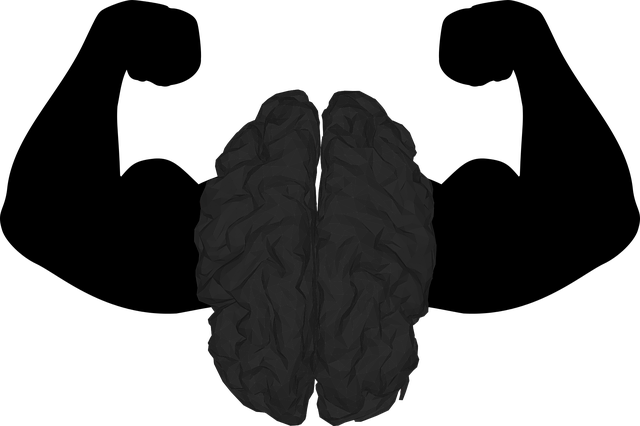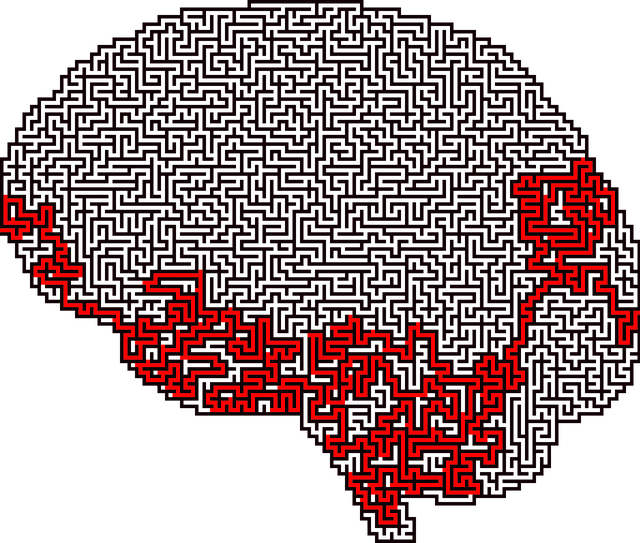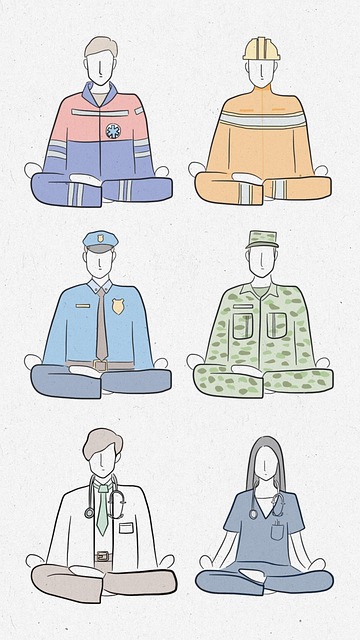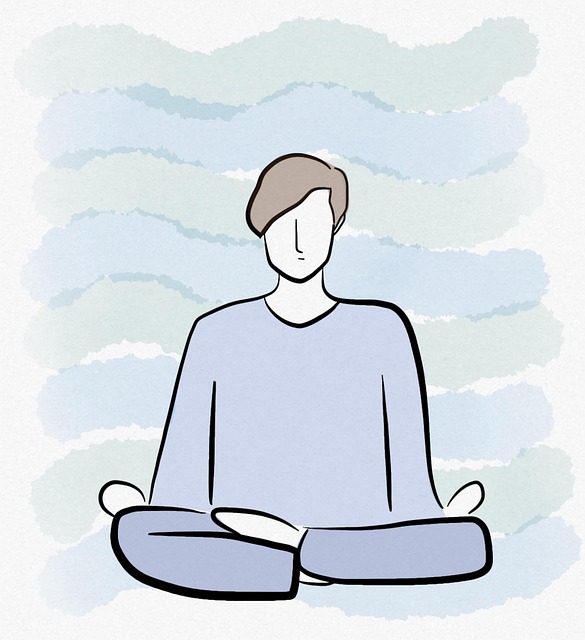Mental wellness is a critical aspect of life for adults with Autism Spectrum Disorder (ASD), who face unique challenges in social interactions, communication, and emotional regulation. Personalized self-care routines, developed through introspection and tailored techniques like mindfulness and physical activity, are essential tools for managing these challenges. Guided by therapy for adults with ASD, including Social Skills Training and Mood Management techniques, individuals gain coping strategies that enhance resilience, promote stability, and enable successful navigation of daily life. Integrating therapeutic practices into daily routines ensures mental wellness improvements and personal growth, while cultural sensitivity in mental healthcare creates inclusive self-care strategies that resonate deeply.
Mental wellness is a cornerstone of overall health, especially for adults with Autism Spectrum Disorder (ASD), who may face unique challenges. This article explores strategies to develop a personalized self-care routine, addressing the profound impact of mental wellness on ASD individuals. We delve into understanding ASD and its relationship with mental health, offering insights on effective coping mechanisms. Additionally, we discuss incorporating therapeutic practices into daily life as a holistic approach to enhance wellbeing for those navigating therapy for adults with autism spectrum disorder.
- Understanding Mental Wellness and Its Impact on Adults with Autism Spectrum Disorder (ASD)
- Crafting a Personalized Self-Care Routine: Strategies for Effective Coping
- Incorporating Therapeutic Practices into Daily Life: A Holistic Approach to Wellbeing
Understanding Mental Wellness and Its Impact on Adults with Autism Spectrum Disorder (ASD)

Mental wellness is a crucial aspect of overall well-being, especially for adults with Autism Spectrum Disorder (ASD). Understanding the unique challenges they face is essential in developing effective self-care routines. ASD can impact social interactions, communication, and emotional regulation, making daily life demanding. Many individuals with ASD struggle with managing stress, anxiety, and mood swings, which can significantly affect their overall mental health.
Therapy for Adults with Autism Spectrum Disorder plays a pivotal role in equipping them with coping strategies. Social Skills Training can help enhance interaction and communication abilities, fostering better connections. Crisis Intervention Guidance is vital to navigate sudden distress or challenging situations. Additionally, Mood Management techniques enable individuals to regulate emotions, promoting stability and a sense of control. These therapeutic approaches contribute to building resilience and improving mental wellness, allowing adults with ASD to thrive in their personal lives.
Crafting a Personalized Self-Care Routine: Strategies for Effective Coping

Crafting a personalized self-care routine is a powerful tool for individuals navigating mental wellness challenges, especially those on the Autism Spectrum Disorder (ASD) who may require tailored strategies for effective coping. This process involves introspection and identifying activities that promote relaxation, reduce stress, and enhance overall well-being. Start by evaluating your unique needs and preferences; what works for one person might not be suitable for another. Incorporate a mix of techniques such as mindfulness practices, physical activity, creative outlets, or social connections, ensuring they align with your interests and abilities.
Consider incorporating positive thinking exercises into your routine, which can foster self-compassion and resilience. Regularly schedule self-awareness activities, like journaling or meditation, to gain insight into your emotions and triggers. For individuals with ASD, seeking out a Healthcare Provider with cultural competency training in autism can ensure supportive and sensitive care during the development of this routine. Remember, consistency is key; stick to a regular schedule, even on busy days, to make self-care a non-negotiable part of your life.
Incorporating Therapeutic Practices into Daily Life: A Holistic Approach to Wellbeing

Incorporating therapeutic practices into daily life is a holistic approach to achieving and maintaining optimal mental wellness. For individuals with Autism Spectrum Disorder (ASD), self-care routine development becomes a strategic necessity, offering tools for managing sensory processing challenges, social interactions, and emotional regulation. Therapy for adults with ASD can range from structured programs focused on improving social skills training to individualized practices that enhance coping strategies and resilience. This tailored approach ensures that each person’s unique needs are addressed, fostering a sense of autonomy and empowerment.
By integrating therapeutic techniques seamlessly into daily routines, individuals gain effective tools for navigating life’s demands. Activities such as mindfulness exercises, cognitive behavioral therapy (CBT) techniques, or even creative outlets like art therapy can significantly contribute to mental health improvements. Cultural sensitivity in mental healthcare practice is also essential, recognizing and respecting individual cultural backgrounds to create inclusive self-care strategies that resonate deeply with each person’s experiences.
Developing a robust mental wellness self-care routine is an empowering tool for individuals with Autism Spectrum Disorder (ASD) to navigate and improve their overall well-being. By understanding the unique impact of mental health on adults with ASD, personalizing coping strategies, and incorporating therapeutic practices into daily life, one can foster a holistic approach to managing symptoms and enhancing quality of life. Therapy for Adults with ASD offers specialized support, enabling individuals to embrace self-care routines that promote resilience, reduce stress, and ultimately improve their overall mental wellness.














